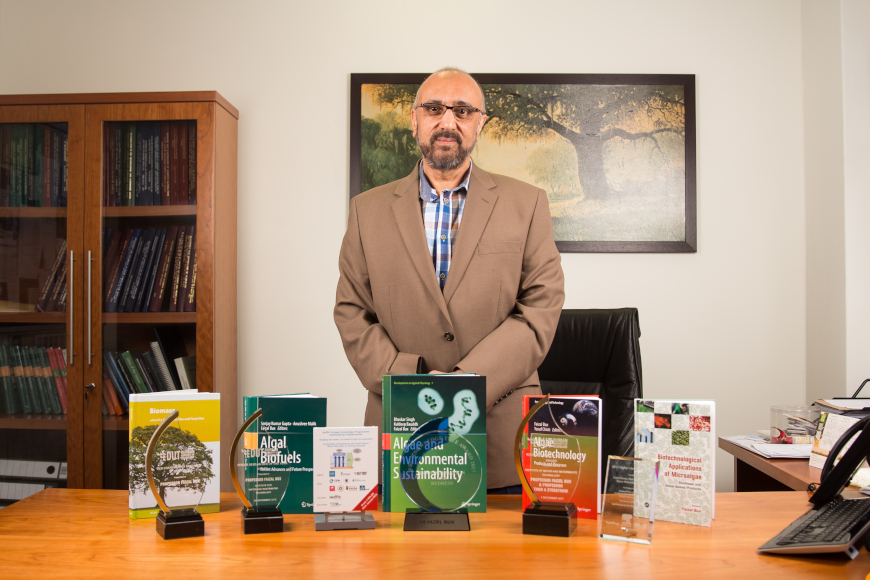The Institute for Water and Wastewater Technology (IWWT) at the Durban University of Technology (DUT) has been testing the tap water in parts of the eThekwini region. The Director of the IWWT, Professor Faizal Bux, confirmed that scientists at DUT have analyzed the drinking water and the results look good.
“Recently there has been much concern about Durban’s tap water quality. We have conducted microbiological testing on random samples from the greater Durban area (south, north and west) and the tap water satisfies SANS 241 microbiological drinking water standards,” said Prof Bux.
However, the public should be aware of announcements from the municipality in event of any changes in the water quality in specific areas in the future. SANS 241 is the limits and associated risks for domestic water as determined by the South African National Standard where parameters falling outside these limits may cause acute or chronic health problems in individuals.
Prof Bux also admitted that the IWWT are continuing to test samples of wastewater, from sewage plants in eThekwini, to monitor the levels of SARS-CoV-2. This provides a good indication of the levels of COVID-19 infection in the community. Currently, based on the latest tests, there are very low levels of SARS-CoV-2 detected in the wastewater samples. Current findings correlate well with the comparatively low number of clinical cases observed in eThekwini metro. Prof Bux said his team uses the latest molecular techniques to test for SARS-CoV-2 and shares results with the NICD as part of a national monitoring system. The approach is used in many parts of the world to monitor community level COVI-19 outbreaks and serves as an early warning system.
However, over the last week closure of beaches in and around Durban are cause for serious concern. This has largely caused by pollution emanating from faecal source due to poorly treated wastewater discharged from wastewater treatment plants and spills from dis-functional sewer pump stations. This was evident at the Umgeni river mouth where dead fish were seen on the banks of the river. Water test showed extremely low levels of dissolved oxygen in the water that could have caused the fish kill. Low oxygen levels are a reflection of poor water quality attributed to high amount of undesirable organic material in the environment. This has serious negative impact on aquatic life. Prof Bux stressed that hopefully the responsible authorities can address this matter with the urgency it requires.
The Institute for Water and Wastewater Technology (IWWT) at the Durban University of Technology is located on the Steve Biko campus in Durban. Prof Bux helped establish the IWWT and its predecessor, the Centre for Water Research in the 1990’s. The Institute is aligned to the United Nations Sustainable Development Goal (SDG) 6, which aims to ensure clean water and sanitation for all.
Pictured: The Director of the IWWT, Professor Faizal Bux.
Alan Khan

